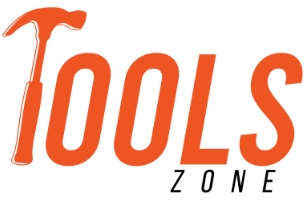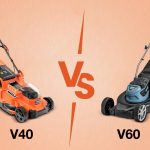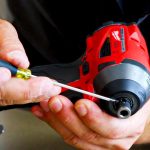Table of Contents
If you’re a person who likes DIY or a homeowner who occasionally takes on household tasks, power tools can help you get your jobs done faster and more efficiently than traditional tools. But before you run to the store and get yourself a brand new set of tools, you need to do some research and consider facts, such as usage, power, design, and anything in between. Because depending on their power, size, and application, these tools can hurt your wallet and sometimes won’t even deliver your desired result if not well suited. Learn which essentials to keep in mind before purchasing power tools, so that you can save some cash, and time and get an overall satisfying experience.
Specific Use
The first and most important thing you have to keep in mind before purchasing any power tool is the types of projects and the purpose tools that will be used. For example, if you want to work on a big project that can require more power & accuracy, then you may need to focus on powerful options rather than small & less powerful ones. This helps you have a clear idea of what’s required and what’s not to quickly grab a tool that fits your bill and desires.
Cord/Cordless
Depending on the project size, you should consider whether you should get a cordless power tool or a corded one. If you are in the market, you will probably get confused with the number of these tools available.
When working on a project that requires working at a stretch, nothing can be a better solution than a corded power tool because you do not have to worry about running out of power or the hassle of changing batteries frequently Cordless tools are great where you can not expect to have power outlets, and the duration is short, like an outdoor project or in a rural area.
You can even take them anywhere you want because they are compact, come in lightweight construction, and most importantly, run on battery power. So you do not get tangled with long and annoying wires. However, these cordless tools can not cover whole or more days like a corded tool. But in exchange, the benefits they provide are fantastic.
Battery
If you have chosen a cordless one, then the battery power and runtime are significant factors to consider. You can swim among types of corded tools, each having its own unique battery system. To reduce this confusion, manufacturers like Makita, Ryobi & Milwaukee, and more have started producing tools with universal battery solutions; for example, you can use Ryobi’s 18V battery on their other 18V supported tools effortlessly; just swap out the battery, and you are good to go. However, cordless tools can also be an expensive investment and can cost way more than your average budget, for you can always buy bare tools, which will get you only the tool, and use a spare battery to do some savings.
Safety Feature
Safety Features are another top concern that you should consider when buying power tools. Unsafe power tools can cause severe damage to your tools, project, property, and even your life. Buying from a renowned brand does not necessarily guarantee safety. Even if you do not follow the user instructions correctly, it can lead you to damage. So before buying any power tool, do some research to see which types of features most models have. If you’re buying a drill, then a particular drill bit size may be needed for a project, or a certain level of power may be necessary to work with the project’s materials. These are features that are required to get the job done.
Cost
The actual price of your favorite power tool can go beyond just the sticker price. Depending on your job demands, you might need to purchase extra accessories, essential parts, and others, or you may do not even need them as some power tools come with a combo pack or a set. So you have to choose wisely before putting them into your cart while saving some dollar bills for your next project.
Conclusion
This article discussed “essentials to consider before purchasing power tools” and which things you should consider before buying power tools. Hopefully, you have learned about the advantages and disadvantages of these tools in detail.










Leave a Comment